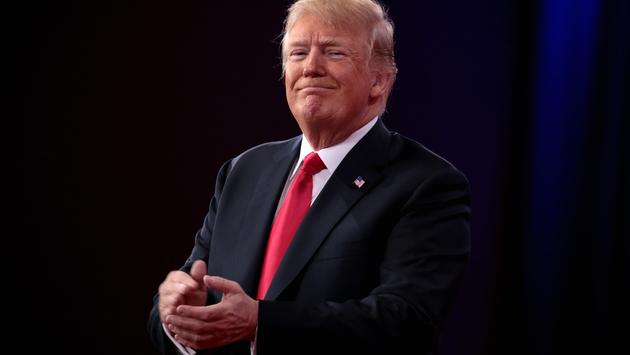Trump’s Big Tech Agenda: Tariffs, AI Policy, and Antitrust Actions

Following Donald Trump’s presidential win, Big Tech leaders—including Alphabet’s Sundar Pichai, Meta’s Mark Zuckerberg, Apple’s Tim Cook, Amazon’s Andy Jassy, and Microsoft’s Satya Nadella—congratulated the president-elect, signaling a readiness to navigate the anticipated regulatory changes.
Trump’s previous presidency saw increased scrutiny on Big Tech, with proposed policies to raise operational costs through tariffs and regulations. This term, Trump’s administration may take a selective approach, potentially loosening restrictions on certain tech mergers, particularly those that favor U.S.-based companies over foreign rivals.
Key issues loom. One concern is Trump’s stance on tariffs, which could significantly impact companies reliant on Chinese imports, including Apple. Analysts suggest a possible high opening tariff rate followed by reductions through negotiations, as Trump did previously. This strategy would pressure tech manufacturers to relocate supply chains outside of China.
In artificial intelligence, Trump is likely to focus on outpacing China, possibly by reducing AI regulations imposed under the Biden administration. Trump has vowed to repeal Biden’s executive order on AI and could increase federal funding for large-scale AI projects.
In addition, Section 230 and antitrust measures will likely remain contentious. Trump’s past calls to repeal Section 230 could expose social media companies to new liabilities, while antitrust action against Big Tech firms, particularly Google and Meta, may continue.
Big Tech leaders will need to navigate the shifting political landscape as Trump’s administration redefines its approach to regulation, trade, and technological innovation.
Related News: https://suspicious-zhukovsky.67-21-117-18.plesk.page/?s=Trump
